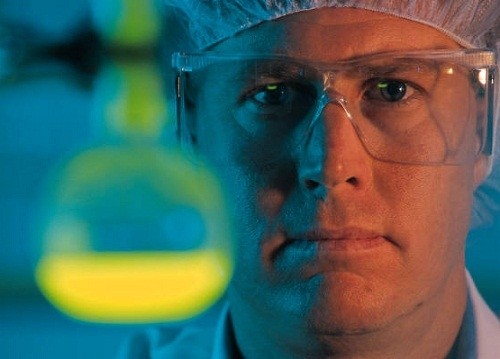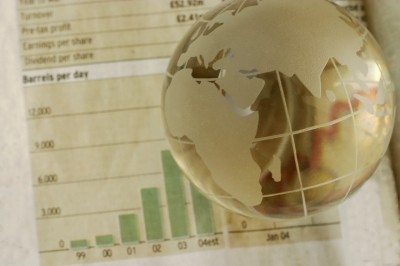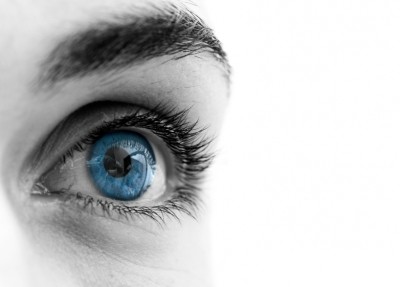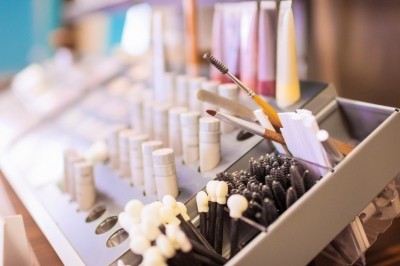Africa moves to harmonise cosmetics standard

The move comes following an influx of counterfeit and sub-standard cosmetics to its market's regions, which the government attributes to corruption and lack of commitment among those entrusted with the responsibility to enforce standards in EAC partner states.
According to the minister for health and social welfare Dr Hussein Mwinyi, currently the standard of harmonisation; “is of great importance in the intensifying fight against inferior food, drugs, cosmetics and medical supplies. Counterfeiting is a serious global problem that seems to have defied all moves to tackle it.”
However, the minister stresses that unless all EAC member states, and Tanzania in particular, take the enforcement aspect with the seriousness it deserves, the standards alone, however well-articulated, will remain in document form.
Stricter regulation to curb in counterfeit cosmetics
As the African government moves to improve product safety for consumers, it is focusing on places like Dar es Salaam, which is noted as being a prominent home to fake products, particularly cosmetics, and Tanzania which is also highlighted as being a hotspot due to a poor regulatory system, corruption and porous borders.
According to the minister, if this move for harmonisation is to be successful, the focus must be on the enforcement of standards; "We remain firmly convinced that the lack of standards is not the core problem, at least for Tanzania. Ours is a problem of enforcement of the standards that are available, albeit few."
Fake products have been 'falling through the dragnets'
Only recently the Kenyan Anti-Counterfeit Agency (ACA) intercepted a shipment of fraudulent beauty products which is believed to have originated from China.
The fake products, which were counterfeits of the Colgate Palmolive brand, had a market value of almost €100,000 and were discovered inside a shipping container which was in transit from China to the Republic of Congo and was uncovered with the help of customs officials and Interpol.
According to Caspar Olouch, the Mombassa officer in charge of the investigation, the products came from the main supplier of counterfeit cosmetics to West Africa and that despite the agency’s international partners investigating, there are many counterfeits out there that have "slipped through our dragnets.”















